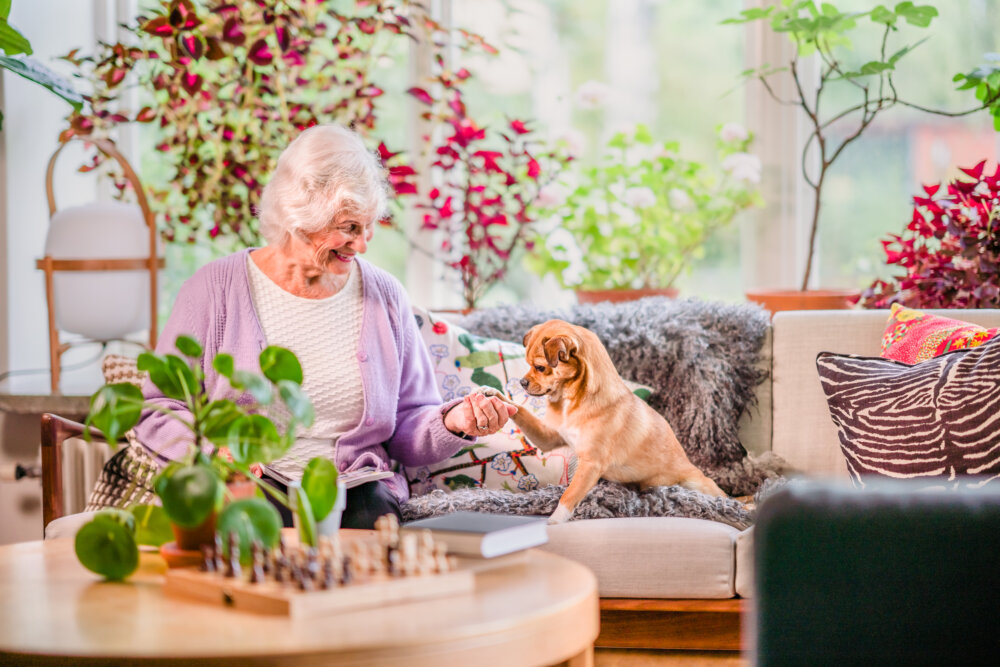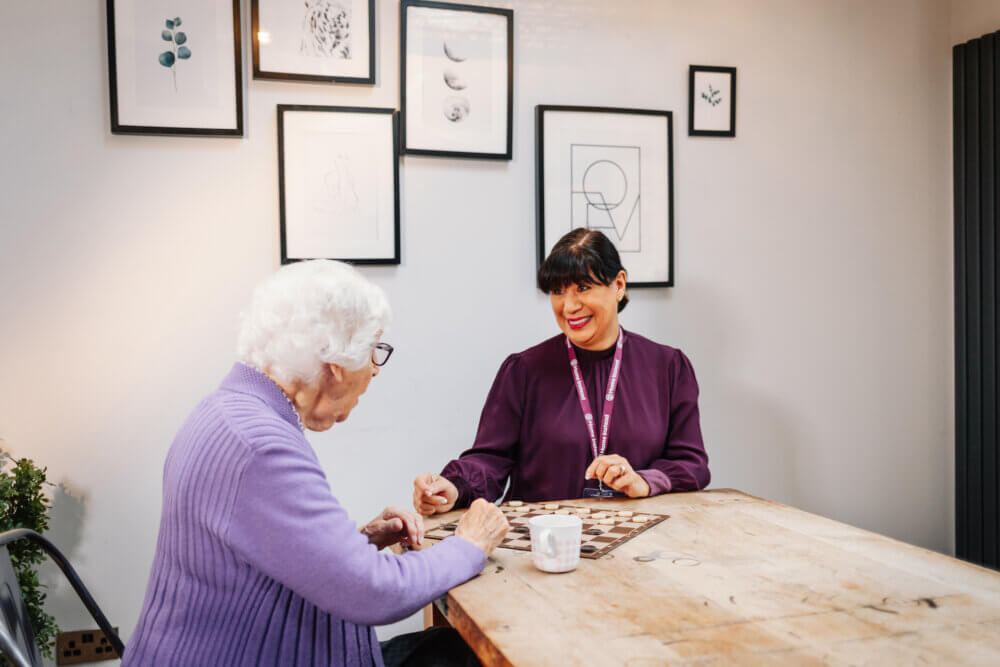Understanding Dementia: Care Strategies for Loved Ones
Learn about dementia and gain practical strategies for caregiving. Navigate this journey with understanding and discover local resources

Introducing Dementia Care Strategies
Dementia is a condition that can be incredibly challenging for those affected and their families. It can make everyday tasks more difficult, reduce a person’s ability to communicate, and dramatically change their behaviour. Despite these challenges, there are effective strategies for providing quality dementia care for your loved ones.

Understanding Dementia
Dementia is not a specific disease, but a general term for a decline in mental ability severe enough to interfere with daily life. Alzheimer’s is the most common type of dementia. Symptoms can vary, but at least two of the following core mental functions must be significantly impaired to be considered dementia: memory, communication and language, ability to focus and pay attention, reasoning and judgment, and visual perception.
If you’re looking for more detailed information about dementia, the Alzheimer’s Society is a fantastic resource. They offer comprehensive guides, support groups, and the latest research findings.

Dementia Care Strategies
Caring for a loved one with dementia requires patience, empathy, and understanding. It’s important to educate yourself about the disease so you can provide the best care possible.
One way to do this is by staying patient and understanding their reality. Instead of correcting your loved one when they make a mistake or forget something, try to understand the world from their perspective. This approach can help reduce frustration for both of you.
Encouraging engagement with familiar activities can also be beneficial. Whether it’s listening to their favourite music, looking at old photos, or taking a walk in the park, these activities can provide comfort and reduce anxiety.
Communication with a loved one with dementia can often be difficult, but there are techniques to improve this. Speak clearly and use simple sentences, maintain eye contact, and use physical touch to show them you’re there.
Finally, caring for someone with dementia often involves a team approach. Include doctors, caregivers, and other family members in the care plan. It’s also important to take care of your own health and well-being. Reach out for help when you need it, whether it’s from a support group, a friend, or a professional caregiver.
At Home Instead Bury St Edmunds, we’re committed to providing compassionate and expert dementia care. Our team is trained in the latest techniques to ensure your loved ones receive the best possible care. For more information about our services, please contact us.

Local Resources for Dementia Support
The Gatehouse Dementia Hub offers a wide range of services, including memory café sessions, a carers club, and even art therapy for individuals living with dementia and their families.
Time Out Support Services are dedicated to providing time out support for over 65’s within the local community. Based at Moseley’s Farm (Fornham All Saints) as well as Gatehouse (Bury St Edmunds) they are able to offer a breather for family members or carers, giving them time to do chores or to have some time for themselves
Davers Court Day Club provides a supportive environment where older people can make new friends, enjoy a hot meal and do activities. They can even support with personal care if it’s something you find difficult to do at home.
The Honeypot Cafe was set up to help older people to come together, build friendships and enjoy themselves. Activities and refreshments will be provided. People living with Dementia and their carers are welcome. Come along and invite friends. If you need help with transport, please contact the organisers on 01284 788032.
Additionally, the Alzheimer’s Society in Suffolk provides support services such as the Dementia Support Service, Dementia Cafés, Singing for the Brain, and Side by Side, a service that pairs volunteers with people with dementia to help them continue doing the things they love.
Another valuable resource is the Info Link directory of local clubs and social support groups for those living with Dementia.
Lastly, we have the Dementia Together service, offered by Sue Ryder, which provides practical information and support for people living with dementia and their carers.

Concluding Dementia Care Strategies
In conclusion, dementia care requires a comprehensive, multifaceted approach that encompasses understanding the condition, fostering a supportive environment, and leveraging the myriad of local resources available. Having a solid grasp of what dementia entails – its symptoms, progression, and impact – is crucial for both caregivers and those affected, enabling them to anticipate and better manage the challenges that come with this condition.
Just as vital is the provision of local support services, like the ones mentioned throughout this article in Bury St Edmunds. These services provide invaluable aid ranging from social activities to practical advice, fostering a sense of community and offering respite for caregivers. Remember, there’s no need to navigate this journey alone; the strength of local services lies in their ability to connect people, providing shared experiences that help to alleviate the isolation often associated with dementia.
Finally, we must recognize the power of innovative care strategies and the importance of staying informed about new developments in dementia care. These can involve technological solutions, new therapy methods, or shifts in policy that make dementia care more accessible and effective.
In the end, caring for someone with dementia is a shared responsibility, not just within families but also within communities. By understanding dementia, harnessing local support services, and exploring various care strategies, we can collectively enhance the quality of life for those living with dementia and those who support them.
